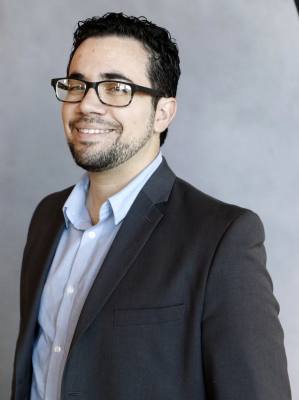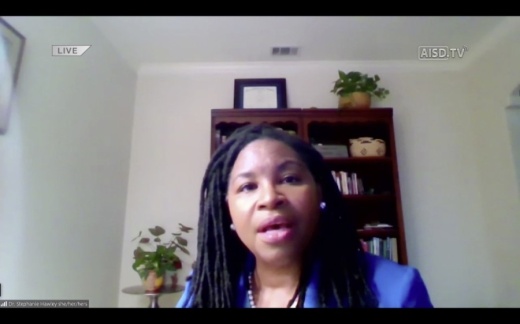Local residents called for a equity report evaluating the school changes plan, and asked the district to conduct an external equity assessment on district practices.
While an internal equity report on school changes was released by Hawley's office a week after the vote, an external assessment has not been conducted.
Now, almost 10 months after the school changes vote and a year after Hawley was hired into the district to create an equity office, the district is moving closer to hiring an outside group to conduct such an assessment.
“This is something we’ve discussed for some time," Superintendent Paul Cruz said at an Aug. 10 board work session, discussing a future request for proposals for an assessment. “What we want to do [tonight] is get board feedback and guidance for our approach to an equity assessment.”
Jacob Reach, the district’s chief of staff, said the district in 2015 began a self assessment on equity across the district due to a letter it received from a local civil rights group, which raised concerns about achievement gaps.
Hawley said that the self-assessment gave her office a jumpstart on evaluating the district when she arrived last summer, highlighting some of the district’s strengths and challenges and what some solutions to the inequities seen in AISD could be.
“An equity assessment is part of that solution,” she said Aug. 10.
Hawley said an assessment would look at the root causes of inequities and offer the district best practices as potential solutions.
“It’s not just enough to uproot bad practices, but [we have to ask] what good practices can we put in. That’s what an assessment does,” she said.
According to a presentation by Hawley, a future assessment would, among other things, look at student access to advanced and culturally-inclusive curriculum, the effectiveness of culturally proficient teaching and data on student suspensions in AISD.
There is no timeline for when the report will be delivered, but on Aug. 10 Trustees brainstormed additional aspects of the district to evaluate through an assessment. Ideas included assessing:
- the district's human resources department and district hiring practices;
- school policing, discipline and the Alternative Learning Center;
- equity in special education support;
- transportation resources and how it impacts access to schools and curriculum in different communities;
- boundaries and past school closures and consolidations; and
- the impact of COVID-19 on different communities.





